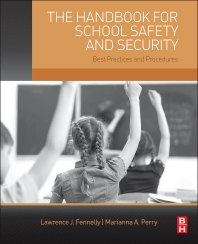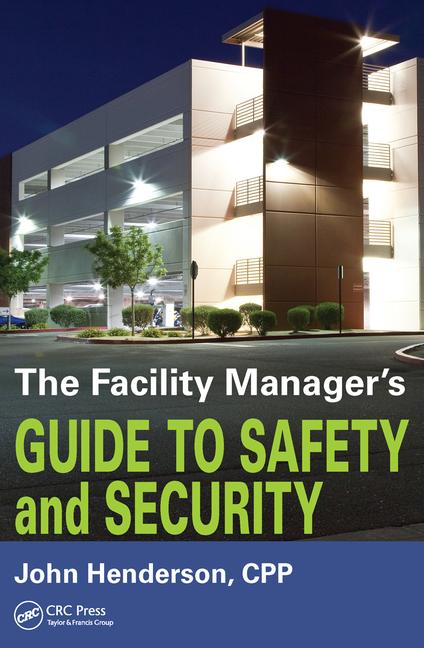Using audio and video for alarm verification has long been the most effective solution for securing homes and businesses — but it has also been the most misunderstood. There hasn’t been meaningful consensus on the definition of “verified” alarms amongst the various security providers, police departments and government entities — until now.
Earlier this year, the Texas Police Chief’s Association (TPCA), the largest state organization of police chiefs in the country, passed a resolution to clarify the definition of alarm verification for all law enforcement departments and personnel throughout the state. The new resolution states the following:
That a verified alarm shall be defined as an electronic security system event in which a trained central station operator using a standardized protocol has determined ... a high probability that a criminal offense is in progress.
That a law enforcement agency ... has the autonomy and authority to increase priority to verified alarm calls.
Support for the new resolution was led by TPCA’s Alarm Committee Chair, the late Highland Park Police Chief Chris Vinson, who passed away in June, two months after the resolution was voted on. Vinson was also a board member of the Partnership for Priority Verified Response (PPVAR), the leading organization in promoting the importance of verified alarm response. PPVAR recently changed its name from the Partnership for Priority Video Response to focus more on the importance of true alarm verification, and less on the specific technology that is utilized.
This new definition for alarm verification sets the same standard for the response of law enforcement to security alarms as for a 911 call. As the U.S. Department of Justice reports that 94-98 percent of all alarm activations are false, the new standard for ensuring the authenticity of an alarm will be a significant win for public safety and for the municipal budgets of communities that adopt this resolution.
Getting the standard changed is a significant shift for the industry. The goal is to encourage other states to follow suit and embolden law enforcement agencies around the country to respond with higher priority to verified alarms similar or equal to priorities given to eye-witnessed, in-progress crime.
PPVAR is also working with the Central Station Alarm Association (CSAA) to draw a clear distinction between alarm confirmationand alarm verification.The legacy term ECV, or “Enhanced Call Verification” has confused the definition of ‘verification’ because the intent of ECV is purely focused on identifying a false alarm situation, not on actually confirming a probable crime in progress. PPVAR has worked closely with CSAA to change ECV to “Enhanced Call Confirmation” (ECC).
PPVAR’s next steps will be to develop training programs that encapsulate the best practices of the new alarm verification best practices and standards developed by PPVAR and its membership.







